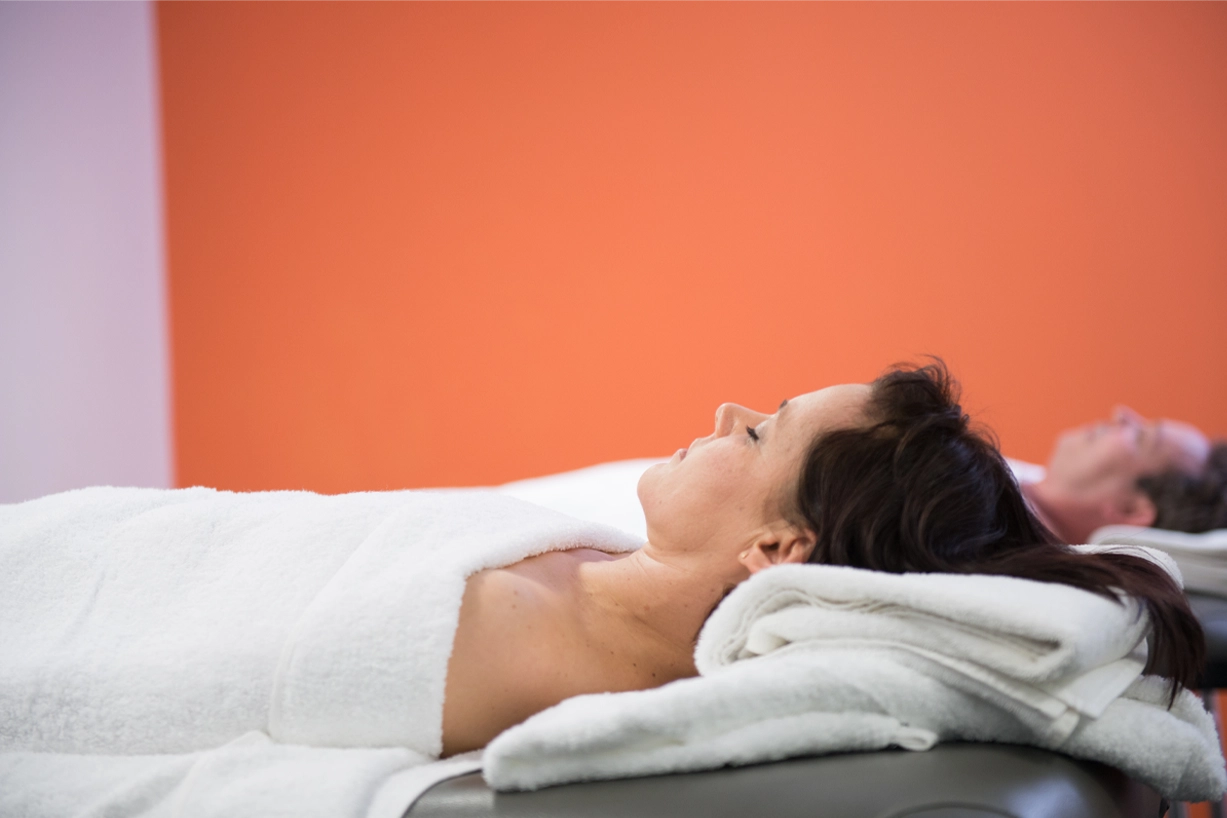
Massage Therapy and Eczema
04 Jun2019 Tagged as
Posted by Evolve College News
Massage Therapy & Eczema
As a massage therapist, contact with your client’s skin is an everyday occurrence. It is therefore highly likely that during your career you will have clients suffering from various skin conditions.
Certain skin conditions amongst the general public are common - Dermatitis and eczema being two of the most common in Australia.
According to dermatologists, Australia has one of the highest incidences of eczema in the world. The reason for this is not fully understood, but is said to potentially be based on factors such as lifestyle, hygiene, genetics and climate. It has also been revealed that in Australia, up to one in four children are developing eczema before the age of 2, a number that has significantly climbed from 50 years ago when it was less than 10 percent.
Dermatitis and eczema refer to conditions that cause redness and inflammation of the skin. Eczema often appears as itchy, red, blotchy skin which can appear dry, weepy with open sores or flaked. For the sufferer, eczema is extremely itchy and can often be very painful.
Therefore, as a therapist treating the general public, what is the protocol for treating clients with eczema? Especially if it appears on the areas you are intending to make physical contact with?
Similar to one of our previous articles on massaging client with the common cold, some common sense and respect for the client will need to occur to make a decision. There are no laws, regulations or rules specifically forbidding the massage of eczema on a client, however, as eczema can commonly lead to open wounds on the skin, then rules surrounding the massaging of open wounds apply. Massage therapy recognises open wounds on a client as a contraindication, and it is therefore essential that you do not make contact with your client’s skin if an open wound is present. Further considerations for massaging a client with eczema include:
- Is eczema contagious and can it spread to me or other clients? Luckily, eczema is not at all contagious and therefore cannot be passed on to you or any other clients. However, there are other skin condition that are contagious that may resemble eczema. Therefore, if your client informs you they have eczema, make sure that this has been diagnosed by a professional, and is not simply the client’s own diagnosis. If there is ever any uncertainty, it is always best to be on the safer side and postpone treatment until the rash clears up or receives a proper diagnosis.
- Applying oils and cream to the eczema required during the massage may be soothing and beneficial, however this depends on the purity of the oil/cream. Anything perfumed could contain chemicals that may irritate the skin or make it worse, so exercise caution and awareness about the products you use.
- Is the client comfortable about having the area massaged? Communicate with the client no matter how small or mild the eczema may seem. Respectfully ask them if they are comfortable with you making contact with the area. You may also like to check in with them again shortly after commencing the massage in case it is unexpectedly uncomfortable for them.
- Depending on the severity, alter your technique as required. If the eczema is sore, you may need to apply less pressure or be lighter with your stroke. Be gentle and again, communicate with your client as required.
Although the exact cause of eczema is still relatively unknown, there are some suggestions that it can be brought on by stress. Therefore, massage therapy may be highly appropriate for your client suffering from eczema. Remember to communicate freely with your client and don’t be put off by the condition – as interesting as it may sometimes look, it is perfectly common and not at all contagious. Provided your client is happy for you to massage the area as normal, it should not prevent or greatly hinder treatment.
